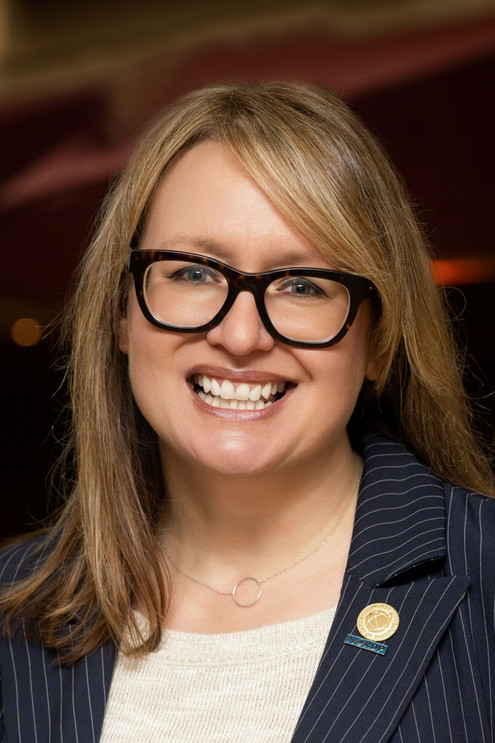NORDP Consultants
Annually, the NORDP Consultant Program opens applications, seeking NORDP members who demonstrate a commitment to the mission of the program and broad experience in research development and research infrastructure. Generally, our consultants perform a wide variety of research development and related services. Services might include developing a research growth strategy, developing research policies, providing proposal development training, as well as faculty coaching and individual proposal development support. The requirements of our external funders may also guide what services consultants perform.
Current Consultants


























Alumni Consultants

Frequently Asked Questions
Click the questions below to learn more about what to expect as a NORDP Program Consultant.
An RFA for new consultants is typically announced annually, dependent on support for the program. NORDP members are invited to apply following the guidelines in the RFA, which generally includes several short responses to specific questions, as well submitting a CV.
The review criteria are published in the annual RFA and may be tailored to upcoming engagements.
The review panel is made up of program organizers, advisory board members, and active consultants.
Yes. The program leverages external support (e.g. grants and philanthropy) to pay consultants for their time and reimburse them for travel. Consultants typically earn $150/hour; occasionally, program sponsors may require different arrangements, e.g. a fixed amount by proposal submission.
Approved consultants are offered assignments that detail contact hours and have the option to decline if their schedules do not align with program priorities. Contact hours may range from short two-day workshops to more long-term contact spread over two-years. Consultants often work in teams and share their consulting hours with one or two other consultants.
No. We accept and review applications from individuals.
NORDP Consultants are required to make the appropriate disclosures to their primary employers in accordance with their institutional policies. When accepting an assignment, consultants sign a contract that includes a conflict-of-interest statement.